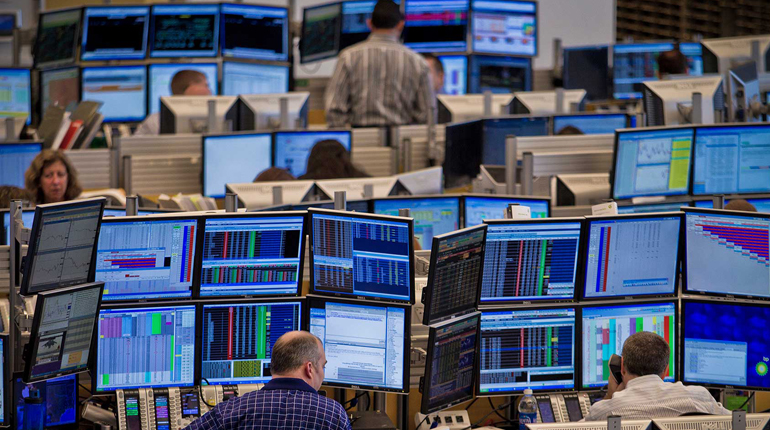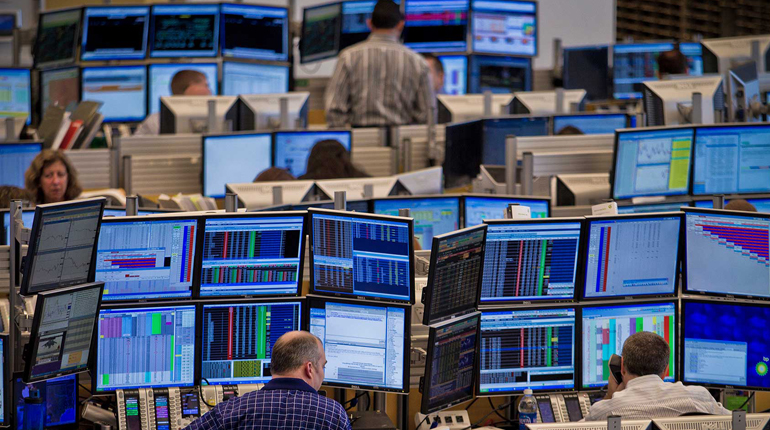Highlights
- Demand growth slows further in Asia Pacific
- Regional production growth has weakened
- Northeast Asian LNG imports fell during spring and look set to remain weak this summer
- Spot LNG prices have come under increased pressure and are now less than $7.2/MMBtu
Economic overview
China’s economy is under pressure from weak domestic and external demand, while Japan produced strong GDP results for Q1, supporting the outlook for growth this year.
China’s economy showed further signs of a slowdown as exports and imports continued to fall in May. Exports declined for the third month in a row and imports fell for the seventh consecutive month. Weak domestic and regional demand are putting pressure on the country’s economy and government targets for trade growth in 2015 look unreachable. In the latest outlook from the World Bank, China’s economy is expected to grow by 7.1% this year and by less than that in both 2016 and 2017. The gas market is also under pressure, with demand having fallen by 6% on an annual basis in April, following a slowdown in growth since the start of the year.
GDP forecasts
| 2013 | 2014e | 2015f | 2016f | 2017f | |
| Japan | 1.6% | 0.0% | 1.1% | 1.7% | 1.2% |
| China | 7.7% | 7.4% | 7.1% | 7.0% | 6.9% |
| Indonesia | 5.6% | 5.0% | 4.7% | 5.5% | 5.5% |
| Thailand | 2.8% | 0.9% | 3.5% | 4.0% | 4.0% |
| India* | 6.9% | 7.3% | 7.5% | 7.9% | 8.0% |
Japan is expected to achieve 1.1% GDP growth this year, according to the World Bank, following 3.9% growth in Q1. The initial government estimate for Q1 growth was 2.4%. An increase in business spending supported the expansion and helped the country achieve its strongest rate of growth in two years. However, Japan’s current account – while still in surplus – was below expectations in April at ¥1.3 trillion ($10.5 billion). The estimated surplus was ¥1.7 trillion. The result was affected by a deficit in the country’s trade balance. LNG imports fell on an annual basis in April, the first annual decline so far this year.
The South Korean government is planning to take measures to offset the economic damage the current outbreak of Middle East Respiratory Syndrome (MERS) could have on the country. The outbreak has been the deadliest seen outside the Middle East and consumer spending is expected to be hit. South Korea’s gas demand is continuing to fall, as are the country’s LNG imports.



